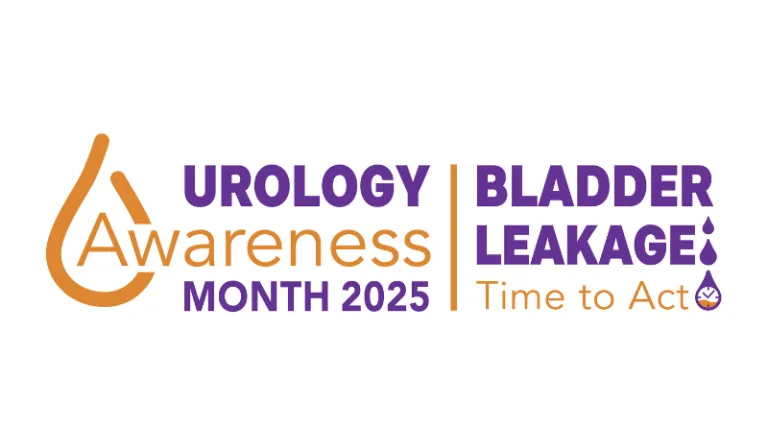Posted: 01/09/2025
Urology Awareness Month: Urological Health and Tackling Clinical Negligence
Reading Time: 3 minutes
As we mark Urology Awareness Month this September, it is the perfect time to spotlight the vital importance of urological health and the many conditions that can affect urological health.
The theme for Urology Awareness Month changes each year, tackling different issues surrounding which there may be misconceptions or lack of awareness; last year, the theme was in respect of Men’s Urology Health, urging males to recognise when something is not right below the belt and to speak out, as well as busting myths about common misconceptions surrounding male urology, such as:
· That whilst frequent trips to the loo can be normal, if you are peeing more than 8 times per day or if you are having to pee multiple times in a night, you should discuss this with a GP as it can indicate an overactive bladder or prostate issues
- Peeing whilst laughing or sneezing is not just a female issue – stress incontinence affects men too
- A consistently weaker stream of pee can be due to narrowing in the urethra or an enlarged prostate and so it is not always the case that a slower flow is normal is you age
- Blood in urine is something that you need to discuss with a healthcare professional, even if you have only seen it once, as it can be a sign of a number of medical conditions
- Erectile dysfunction is common, with many men experiencing ED at some point in their life but it can be caused by underlying health conditions such as diabetes, heart disease and prostate cancer. Therefore, although common, it is still something that you should get checked by your GP.
- Any lumps, bumps or sores on the penis or testicles should be checked by a healthcare professional
- Although less common than in women, men can still suffer from Urinary Tract Infections (UTI)
For 2025, the theme is bladder leakage. Although it is something that many people do not feel comfortable discussing, it affects much of the population; indeed, 1 in 5 people are impacted by bladder problems and 1 in 3 women are affected by bladder leakage.

There are different types of bladder leakage, such as due to an overactive bladder, urge incontinence, stress incontinence, mixed incontinence and overflow incontinence. There are many causes for such leakage, such as menopause or child birth in females, following prostate or bladder cancer, following surgery or related to urinary tract infection (UTI) or other urological injury but whatever the cause, it can have a significant impact on day to day life.
Early diagnosis and timely treatment are often the difference between successful recovery and long-term complications. Some people with bladder leakage may need to use continence products, such as catheters and urostomy bags.
Not every case of urological injury will be due to negligence but when clinical negligence enters the picture, whether through misdiagnosis, delayed treatment, or inadequate care, the consequences can be life-altering.
Clinical negligence in urological care is not just a medical issue; it is a human one. The toll it takes includes prolonged suffering, emotional distress, and reduced quality of life. In severe cases, it can even be fatal.
Our experienced team have significant experience in dealing with claims concerning urological disease. Examples of the types of cases that we have pursued are:
- Delayed diagnosis of prostate cancer;
- Negligent urethral injury during catheterisation;
- Failed to diagnose testicular torsion;
- Damage to the urethra or bladder/incontinence during surgery;
- Negligent management of kidney failure/chronic kidney disease;
- Erectile dysfunction related to hind quarter amputation.
If you or a loved one have suffered a urological injury and believe that there may have been negligence, please contact our clinical negligence team to discuss how we can help.
FRIENDLY, EFFICIENT LEGAL ADVICE
We’re ready to chat when you are
Drop us an email or give us a call for a no obligation chat to see if we can help.